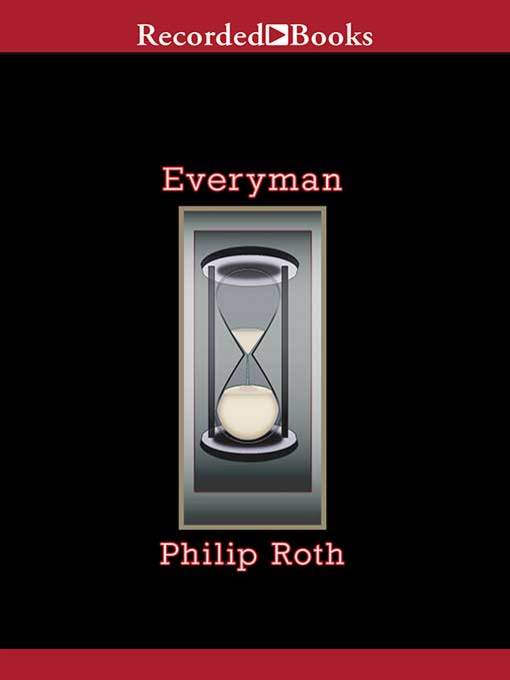
Everyman
فرمت کتاب
audiobook
تاریخ انتشار
2008
نویسنده
George Guidallناشر
Recorded Books, Inc.شابک
9781449801717
کتاب های مرتبط
- اطلاعات
- نقد و بررسی
- دیدگاه کاربران
نقد و بررسی

Philip Roth's extraordinary book examines the decline and death of a Jewish advertising executive. Though its subject matter--human deterioration and death--may not seem like the first choice for the morning commute, the narrative is compelling and, in the hands of narrator George Guidall, thoroughly listenable. Guidall conveys the full spectrum of Roth's palette--fear, bewilderment, anger, humor, denial, and acceptance--with a transparency that's present in the best audiobooks. It's as if you are inside the author's mind. From the opening funeral scene to (some four hours later) the unsuccessful surgery at the end, this is great literature that seems to become more universal in spoken-word format. R.W.S. (c) AudioFile 2006, Portland, Maine

Starred review from February 20, 2006
Reviewed by Sara Nelson
What is it about Philip Roth? He has published 27 books, almost all of which deal with the same topics—Jewishness, Americanness, sex, aging, family—and yet each is simultaneously familiar and new. His latest novel is a slim but dense volume about a sickly boy who grows up obsessed with his and everybody else's health, and eventually dies in his 70s, just as he always said he would. (I'm not giving anything away here; the story begins with the hero's funeral.) It might remind you of the old joke about the hypochondriac who ordered his tombstone to read: "I told you I was sick."
And yet, despite its coy title, the book is both universal and very, very specific, and Roth watchers will not be able to stop themselves from comparing the hero to Roth himself. (In most of his books, whether written in the third person or the first, a main character is a tortured Jewish guy from Newark—like Roth.) The unnamed hero here is a thrice-married adman, a father and a philanderer, a 70-something who spends his last days lamenting his lost prowess (physical and sexual), envying his healthy and beloved older brother, and refusing to apologize for his many years of bad behavior, although he palpably regrets them. Surely some wiseacre critic will note that he is Portnoy all grown up, an amalgamation of all the womanizing, sex- and death-obsessed characters Roth has written about (and been?) throughout his career.
But to obsess about the parallels between author and character is to miss the point: like all of Roth's works, even the lesser ones, this is an artful yet surprisingly readable treatise on... well, on being human and struggling and aging at the beginning of the new century. It also borrows devices from his previous works—there's a sequence about a gravedigger that's reminiscent of the glove-making passages in American Pastoral
, and many observations will remind careful readers of both Patrimony
and The Dying Animal
—and through it all, there's that Rothian voice: pained, angry, arrogant and deeply, wryly funny. Nothing escapes him, not even his own self-seriousness. "Amateurs look for inspiration; the rest of us just get up and go to work," he has his adman-turned-art-teacher opine about an annoying student. Obviously, Roth himself is a professional. (May 5)
Sara Nelson is editor-in-chief of PW.

























دیدگاه کاربران